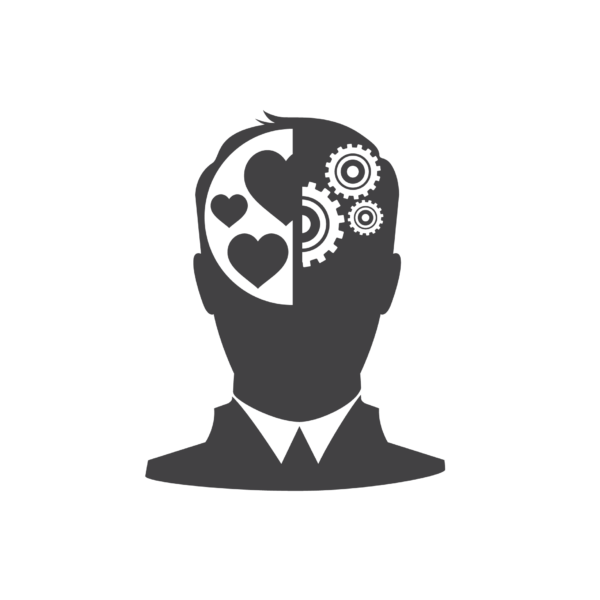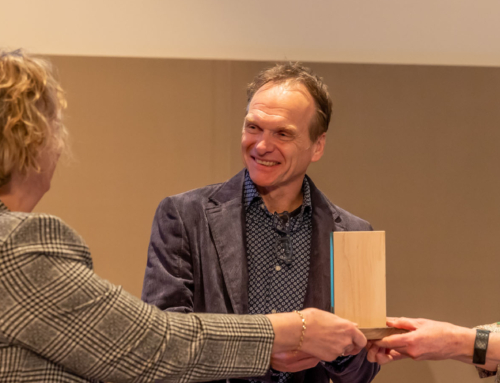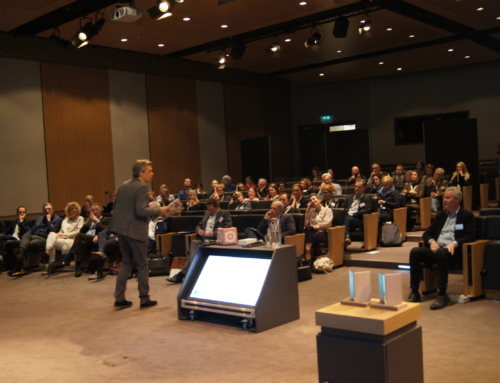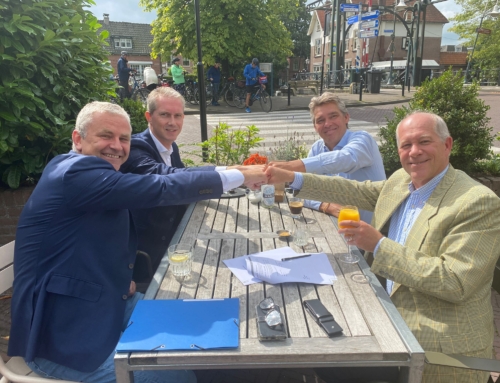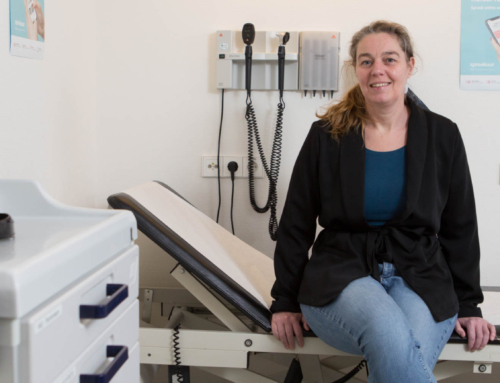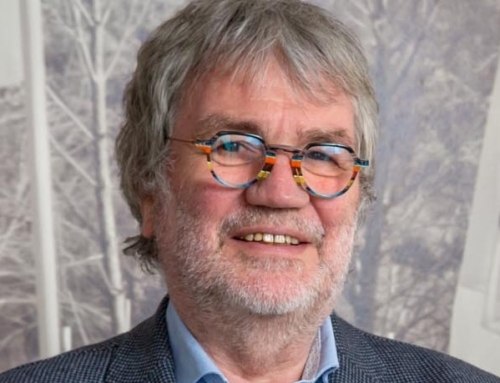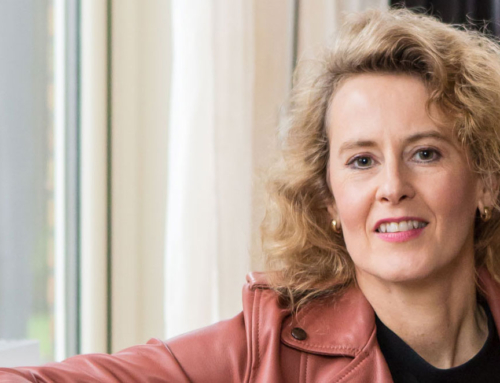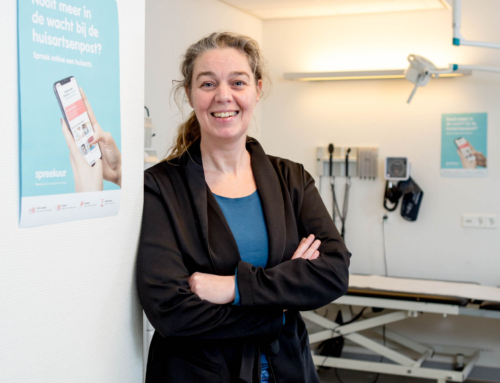Medicines in development: They do want treated patients, but they don't always get
Sometimes there is still hope for patients who have exhausted all treatment options. Medical treatments that are still being developed could provide them with the necessary health benefits. myTomorrows (mT) links patients and doctors to drugs that are under development. This sounds simpler than it is.
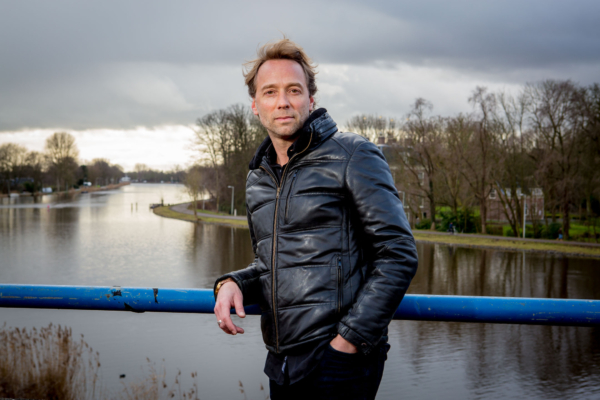
Photo: Liesbeth Dingemans
Intention: Making more new medicines available with early access
Developing new drugs is a costly and lengthy process. On average it takes 8 years to develop a drug, after that it is still possible up to 3 years before the drug reaches the patient.
Early access is a regulated way to make drugs available more quickly by giving end-of-life patients access to drugs that are in the final clinical development phase. The patients are not participating in a clinical trial, but doctors do collect (real-world) data about their treatment, which the manufacturer can then use to further develop and register the drug.
The goal of mT is to (1) to help untreated patients look for possible treatments, (2) support physicians in finding treatment options and realizing access for patients (3) improve the drug development trajectory with real-world data.
"Reimbursing unregistered treatments under certain conditions will not only lead to more personalized patient care, but also to an improved ecosystem of drug development, resulting in more affordable drugs,"According to Ingmar de Gooijer.
“Reimbursing medicines under certain conditions will not only lead to more personalized patient care, but also to an improved ecosystem of drug development, resulting in more affordable drugs.“
Approach: Looking for a reimbursement system
mT operates worldwide and annually helps thousands of patients and doctors with information about and access to medicines in development. The mT tech platform consists of various components, including a search engine that searches clinical trial registers, medical examination and compassionate use-programma's (in which unapproved medicines are provided to patients under strict conditions). Pharmaceutical companies finance mT's services, which are available free of charge to doctors and patients.
mT would like to develop a business case for reimbursing early access under certain conditions in the Netherlands. In exchange for real-world data and price agreements before and after admission, more patients will receive the care they need, the payer has more control over the pricing of medicines and the research costs for the manufacturer are reduced. Small companies in particular benefit from this because they are often forced to collaborate with large manufacturers in the final research phase., which means less competition.
To arrive at a business case, mT set up three different pilots, in which experiments were carried out with a funding system that benefits the patient, arts, pays (government or insurer) and the manufacturer.
Result: Not a proven business case, motivation to continue
None of the three pilots made it to the finish line.
The first pilot fitted within the existing reimbursement system and could count on support from patient organizations and practitioners, but got stuck at the insurers.
The second pilot ended when the drug manufacturer was unable to offer the therapy within the agreed conditions.
The third pilot for a gene therapy delayed because of the Ministry of Health, Welfare and Sport (VWS) was moderately enthusiastic. Ultimately, the therapy was taken over by a large pharmaceutical company, while that's exactly what mT wants to avoid.
There is therefore a proven business case for reimbursing early access under certain conditions (yet) not in the Netherlands (well in France, where it since 1994 is applied). But De Gooijer does not give up. mT operates worldwide as a platform for information about and access to drugs in development, supporting thousands of patients and physicians every year. "In addition to helping as many patients as possible, we also want to improve the drug development model. This requires more cooperation between the parties, what we will continue to work on. "
Learning moments and perspectives for action
Canyon - Worn in cartridges
Existing compensation systems are ingrained patterns that are difficult to change. That is why it is difficult for mT to come up with a business case.
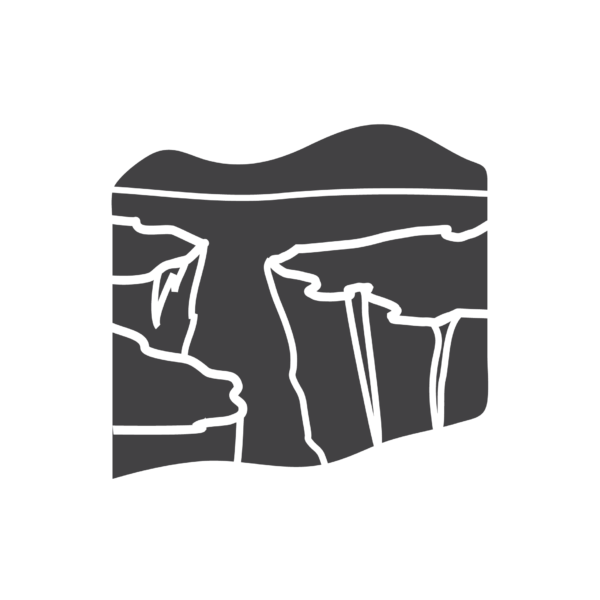
Diver from Acapulco – Timing
"MT was too far ahead of the troops. We have been too impatient because we are dealing with real patients who not need help,"Says De Gooijer. He expects that more and more parties will see the potential of early access and that a proven business case will be created in the Netherlands in the long term., especially in view of the experiences with the development of corona vaccines.
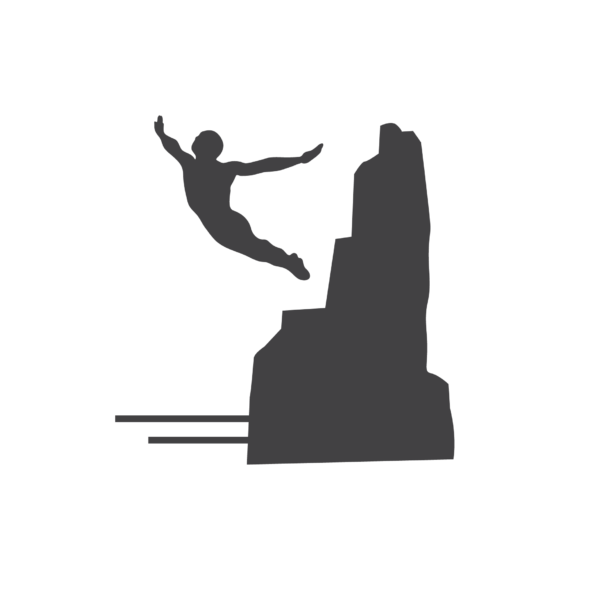
The light bulb – The experiment
mT wanted to develop a new funding system by means of pilots. But in some cases there turned out to be too little room to experiment. "If everything has to fit in a 'box', trying something new in an environment of poldering is quite difficult."
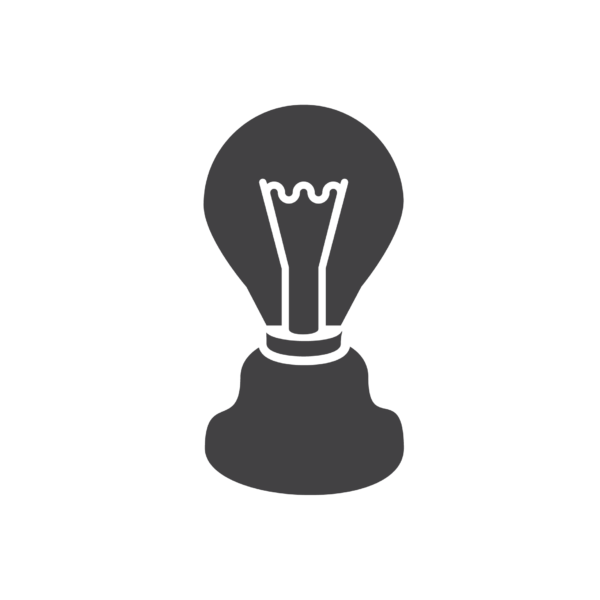
The right hemisphere of the brain Not all decisions are made on rational grounds
Because early access is about new treatment methods that have not yet been registered, mT regularly faces ignorance and reluctance from companies and doctors. Information provision is therefore an important spearhead of mT.
